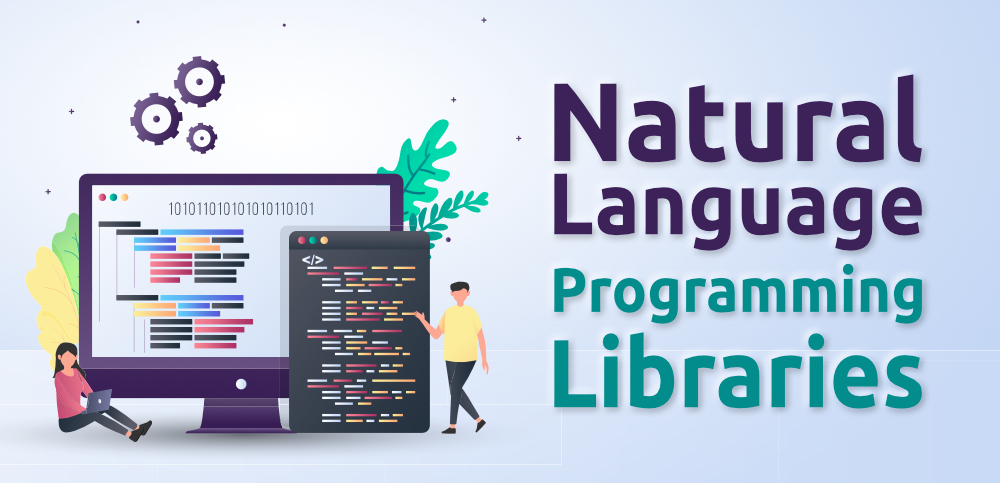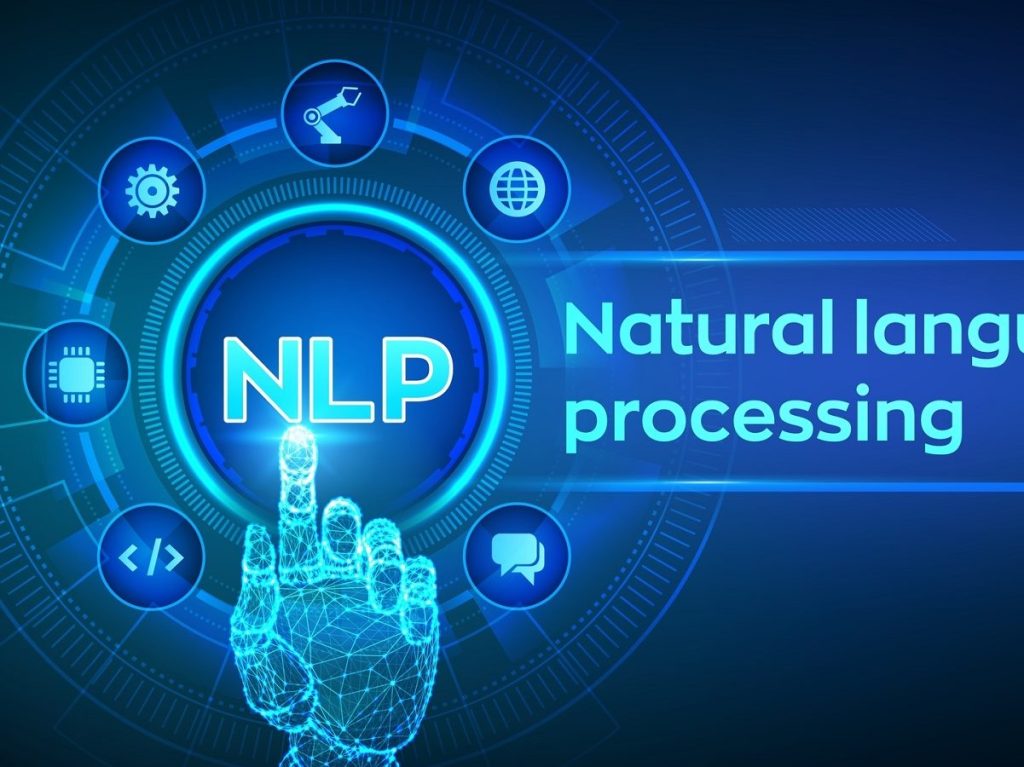
Introduction
Natural Language Processing (NLP) is a field of computer science that deals with the interaction between computers and humans in natural language. NLP libraries are software tools that help computers understand and process human language.
What is Natural Language Processing?
Natural Language Processing (NLP) is a branch of computer science that focuses on the interaction between computers and humans in natural language. It involves the use of algorithms and statistical models to analyze and understand human language.

What are NLP Libraries?
NLP Libraries are pre-built software tools that help developers to implement NLP in their applications. These libraries contain pre-built algorithms and models that can be used to perform various NLP tasks such as sentiment analysis, language translation, and speech recognition.
What do NLP Libraries do?
NLP libraries help computers understand human language by breaking down sentences into smaller parts and analyzing them. They can identify the parts of speech, such as nouns, verbs, and adjectives, and determine the meaning of words based on their context.
Examples of NLP Libraries
There are many NLP libraries available, including:
- NLTK (Natural Language Toolkit)
- SpaCy
- Stanford CoreNLP
- OpenNLP
Why are NLP Libraries important?
NLP libraries are important because they allow computers to understand and process human language, which is essential for many applications. For example, NLP is used in chatbots, virtual assistants, and language translation software.
Advantages of Using NLP Libraries
1. Saves Time and Effort
Using NLP libraries can save developers a lot of time and effort. Instead of building NLP algorithms from scratch, developers can use pre-built libraries to perform various NLP tasks. This allows them to focus on other aspects of their application development.
2. Improved Accuracy
NLP libraries are built using advanced algorithms and statistical models that have been trained on large datasets. This means that they can perform NLP tasks with a high degree of accuracy. This is especially important for tasks such as sentiment analysis, where accuracy is crucial.
3. Easy to Use
NLP libraries are designed to be easy to use. They come with clear documentation and examples that developers can use to quickly integrate NLP into their applications. This makes it easier for developers who are not familiar with NLP to use these libraries.
4. Cost-Effective
Building NLP algorithms from scratch can be expensive. NLP libraries, on the other hand, are cost-effective. They are often open-source and free to use, which makes them accessible to developers of all levels.
The Disadvantages of Using NLP Libraries
While NLP Libraries can be very helpful, there are also some disadvantages to using them.
1. Limited Customization
NLP Libraries are pre-built, which means that they may not be able to handle all of the specific needs of your application. If you need to customize the NLP functionality, you may need to write your own code.
2. Inaccurate Results
NLP Libraries are not perfect and may not always provide accurate results. This is because they are based on pre-existing algorithms that may not be able to handle all of the nuances of human language.
3. Dependency on Third-Party Libraries
NLP Libraries often rely on other third-party libraries to function properly. This means that if one of these libraries has a bug or is updated, it could cause problems with your application.